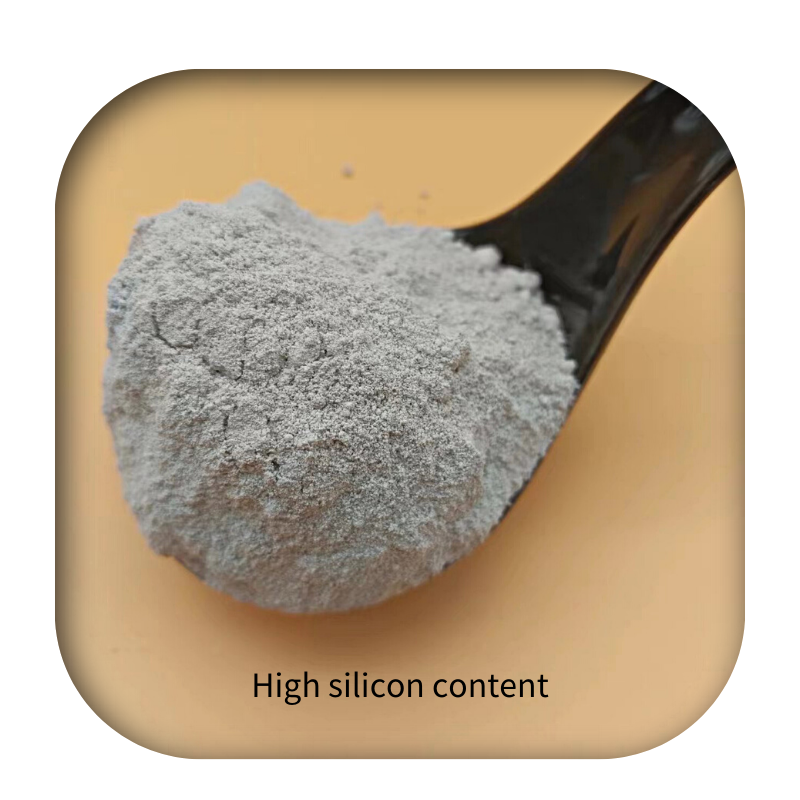
Understanding Medical Stones and Their Impact on Health
What is Medical Stone?
Medical stone, often referred to in various contexts, generally pertains to materials that are utilized in medical settings for a range of applications including surgical procedures, biomedical engineering, and patient care. The term encompasses not only naturally occurring minerals but also synthetically produced materials that possess specific properties beneficial to medical science.
Types of Medical Stones
1. Natural Stones Natural stones like talc, kaolin, and others have been traditionally used in medicine. For centuries, talc has served as a lubricant and an anti-caking agent, playing a role in various medical powders and formulations. Kaolin, recognized for its absorptive properties, is often used in treatments for gastrointestinal issues such as diarrhea, and its incorporation into topical applications helps in soothing skin irritations.
2. Synthetic Stones In contrast, synthetic medical stones are engineered materials designed with specific characteristics. For example, hydroxyapatite, a synthetic form of calcium phosphate, mimics the mineral component of bone and has been extensively used in orthopedic applications and dental implants. The bioactivity and biocompatibility of such materials facilitate better integration with human tissues, making them crucial for advancements in reconstructive surgery.
Applications in Medicine
Medical stones find applications across various fields of medicine
- Orthopedics and Dentistry In orthopedics, synthetic materials like hydroxyapatite and bioactive glasses are utilized in bone grafting and to promote osteointegration. In dentistry, these materials are invaluable for dental implants, ensuring stability and longevity in the oral environment.
- Surgical Procedures Certain stones and minerals are used during surgical procedures as agents to enhance visibility, provide structure, or carry medications. For example, barium sulfate, a radiopaque contrast agent, is used in medical imaging to improve visibility of the gastrointestinal tract during X-ray examinations.
- Supportive Care Medical stones also serve a role in supportive care, particularly as absorbents in wound management products. Many dressings incorporate materials that not only facilitate healing but also manage exudate due to their absorptive capabilities, thus minimizing the risk of infection.
what is medical stone

Benefits of Medical Stone Use
1. Biocompatibility One of the key advantages of using medical stones is their biocompatibility. Materials like hydroxyapatite align well with biological systems, minimizing the risk of rejection and adverse reactions from the body. This property is crucial for the success of implants and grafts.
2. Versatility Medical stones come in various forms – powders, granules, and composites – allowing them to be tailored for specific applications. Their versatile nature means they can be adapted to meet the precise needs of different medical procedures.
3. Enhanced Healing and Recovery The use of appropriate medical stones can accelerate healing processes. For instance, materials that promote cellular attachment and proliferation can lead to faster recovery times for patients undergoing surgery or implantation.
Challenges and Considerations
Despite their benefits, the use of medical stones does present some challenges. The potential for contamination, the precise handling required during surgical procedures, and the need for rigorous testing to ensure the safety and efficacy of synthetic materials are critical considerations.
Moreover, ongoing research is essential to continuously improve the material properties of medical stones to meet the evolving demands of modern medicine. As technology advances, the development of smarter materials that can actively engage with biological processes is becoming a focus, promising even greater improvements in patient outcomes.
Conclusion
Medical stones, whether natural or synthetic, play an essential role in the landscape of modern medicine. Their diverse applications, advantages in biocompatibility, and contributions to healing highlight their importance. As we continue to explore and innovate in the use of materials in medical science, the role of medical stones may expand further, ushering in new possibilities for treatment and patient care in the future. Understanding these materials is crucial for both healthcare professionals and patients alike, as they navigate the complexities of medical treatments.
Share
-
Premium Glass Sand Solutions | High Purity SupplyNewsAug.03,2025
-
Premium Talcum Powder Enhanced with GPT-4 Turbo | Soft & Long-LastingNewsAug.02,2025
-
Fly Ash Solutions Enhanced by GPT-4 Turbo | Sustainable InnovationNewsAug.01,2025
-
Natural Premium Bentonite Cat Litter - Superior ClumpingNewsJul.31,2025
-
Premium Resin Coated Sand - High Heat Resistance CastingNewsJul.31,2025
-
High Quality Silicon Carbide Grit for Abrasive ApplicationsNewsJul.30,2025






